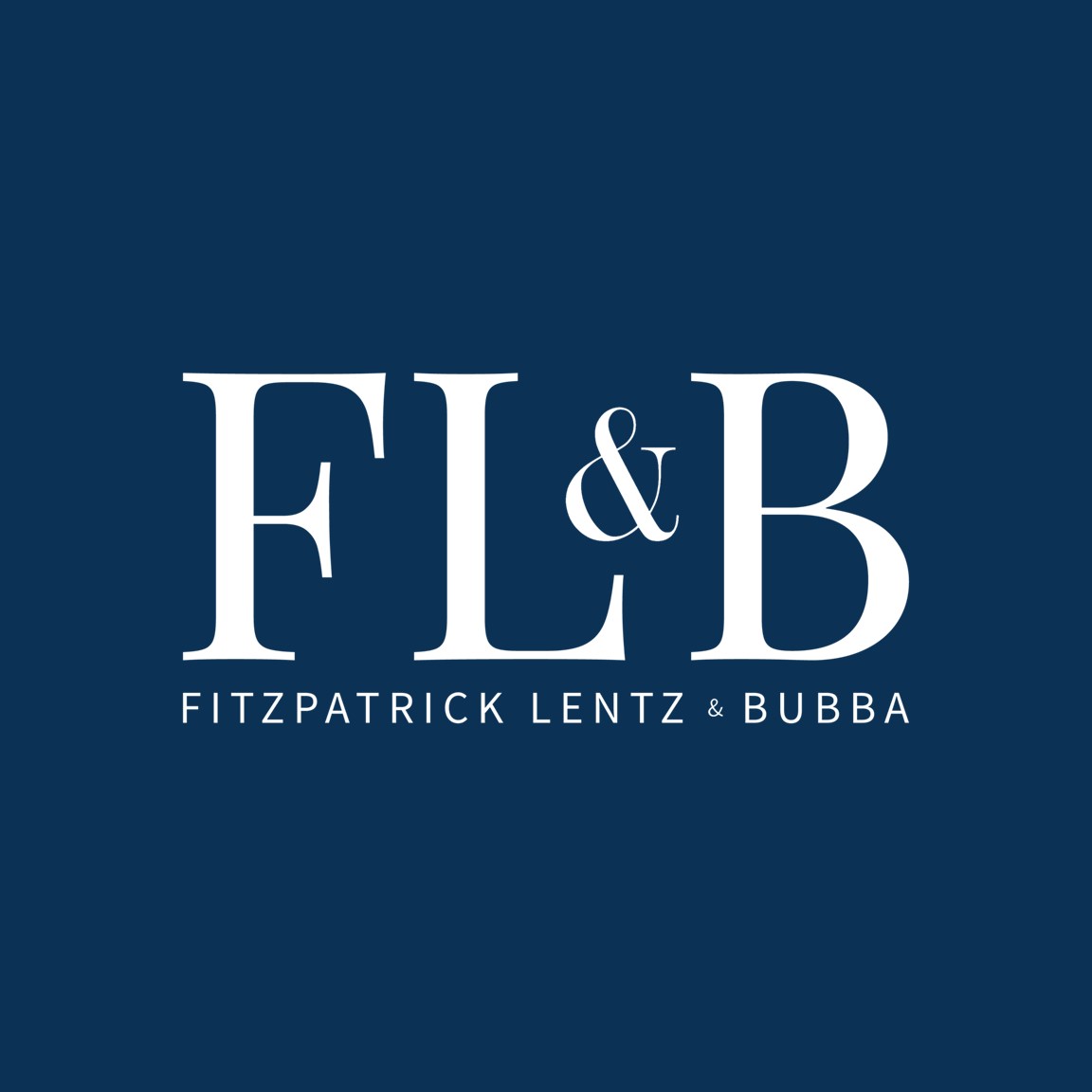During the economic downturn, the healthcare industry remained strong in the leasing market for a variety of reasons, including the expansion of health care beyond traditional medical offices and hospital campuses. This trend continues. Negotiating leases on behalf of healthcare clients requires counsel to address a variety of unique industry-specific legal and operational issues, ranging from facility requirements to compliance with ever-changing regulations.
I. FRAUD AND ABUSE LAWS
Healthcare providers operate in a climate that includes various laws intended to regulate financial relationships between potential referral sources. Restricted financial relationships include leases. Even if the landlord is not in a position to influence referrals, healthcare tenants often require compliance with these laws to protect themselves in case the landlord sells the property to such a party in the future and assigns the lease.
Section 1877 of the Social Security Act (the Act) (42 U.S.C. 1395nn), commonly referred to as the “Stark Law,” prohibits a physician from making referrals for certain designated health services (DHS) payable by federal programs (Medicare/Medicaid) to an entity with which he or she (or an immediate family member) has a financial relationship, including the leasing of real property. DHS includes: clinical laboratory services; physical therapy services; occupational therapy services; radiology/imaging services; and durable medical equipment and supplies. Violation of the Stark Law, which is a strict liability law, can result in criminal penalties, civil fines, exclusion from federal healthcare programs and loss of licensure. An example of a common leasing relationship that would implicate the Stark Law would be a physician seeking to sublease a portion of her office to an entity that sells durable medical equipment such as wheelchairs or oxygen tanks. Physicians commonly seek these types of arrangements for innocuous reasons, including patient convenience, but the relationship is subject to these laws nonetheless.
Similarly, Section 1128B(b) of the Social Security Act (42 U.S.C. 1320a-7b(b)) (the Anti-Kickback Statute”), makes it a criminal offense for individuals to knowingly and willfully offer, pay, solicit or receive remuneration to induce business reimbursed under a federal healthcare program. Unlike the Stark Law, its reach is not limited to DHS but extends to any claim for services submitted under the relevant federal programs.
For leasing arrangements, the Stark Law and Anti-Kickback Statute have separate exceptions/safe harbors that set forth requirements that, if met, protect the parties from prosecution; however, protection is only afforded to those arrangements that precisely meet all of the requirements.
The core requirements for a protected lease under these laws are generally the same. First, the lease must be in writing, signed by the parties, and have a term of no less than one year. Healthcare providers can be found in violation simply for the failure to have a fully executed lease agreement. Second, the agreement must fully describe the premises to be leased and the exact schedule of usage, which cannot exceed that which is “reasonably necessary” for a legitimate business purpose. Healthcare providers often consider and use “block leases” where they sublease a portion of a facility (i.e. an examination room) on a part-time basis (i.e. one day a week). The relevant lease must explicitly define the specific time and scope of such access.
A critical requirement for protection is that the aggregate rent for the lease term must be fixed in advance and must be consistent with fair market value. The rent cannot take into account the volume or value of referrals or business generated between the parties. This concept renders rental provisions based on a “per patient fee” or similar formula extremely problematic. Additionally, the federal government has taken the position that if a healthcare provider leases space at a rate less than fair market value, the lease is suspect because the below-market rent could be presumed to have been given in exchange for an expectation that the tenant will refer more patients to the landlord. Healthcare tenants, particularly hospitals, often insist on an independent appraisal to ensure that rent is consistent with fair market value.
II. Unique Permits and Approvals
Over the last decade, the face of the healthcare industry has evolved. In the past, patient care was provided at physician offices and community hospitals. With increased development of outpatient care, new types of facilities such as ambulatory surgical centers, independent diagnostic testing facilities, specialty hospitals and urgent care facilities have emerged. Where a “hospital” brings to mind a sprawling campus, a “specialty hospital” may, from the outside, appear virtually indistinguishable from a medical office.
These facilities are regulated and licensed by various state agencies including the Pennsylvania Department of Health as well as other accrediting bodies. The licensure and accreditation standards include specific requirements relating to access, common areas and building layout. Involvement of an architect and engineer experienced in the design and licensure of healthcare facilities early in the design process is critical.
Such facilities are also subject to local zoning ordinances, which were often drafted before the trend toward outpatient care. Zoning ordinances typically include two broad use categories: hospitals and “professional offices”. Facilities such as ambulatory surgical centers and urgent care facilities often do not fit in the definitions of these uses. Accordingly, variances and text amendments are sometimes required. Carefully crafted contingencies in the leasing document must be included.
III. UNIQUE Operational Requirements
Given their nature, healthcare facilities often present distinct operational issues that, if not foreseen, can become problematic. A common example relates to hazardous materials, which many form leases outright prohibit; however, such a blanket prohibition would leave most medical facilities unable to function given the regular presence of medical waste. Conversely, if a lease obligates the landlord to provide for the disposal of tenant garbage and trash, the landlord may be presented with the obligation to dispose of materials regular vendors will not handle.
Similarly, healthcare facilities often have unique operational needs regarding compliance with the Americans with Disabilities Act (ADA), patient access, security, medication storage, and ambulance access that also need to be addressed in the terms of the lease. For example, given their nature, healthcare facilities typically require more handicapped parking than traditional office uses or as required under local ordinances.
Further, given the competitive nature of the industry, healthcare clients typically insist on robust exclusivity provisions in their leases, restricting the landlord from entering into relationships with competitors. These exclusivity provisions must be carefully crafted to satisfy the tenant expectations but to also provide the landlord commercially reasonable flexibility.
IV. Patient Privacy and the Storage of Medical Records
Healthcare providers are subject to strict laws and duties regarding the protection of patient privacy and protected health information (PHI), such as medical records. Specifically, the Health Insurance Portability and Accountability Act of 1996 (HIPAA) and Health Information Technology for Economic and Clinical Health (HITECH) Act include requirements that custodians of PHI (referred to as “Covered Entities”), implement safeguards to protect such information.
As their access to PHI is incidental, landlords typically do not become “Covered Entities” merely through a leasing relationship with a healthcare tenant, nor are they usually “business associates” required to sign business associate agreements. Accordingly, contrary to the tenant’s interest, the landlord has no independent duty under these laws to secure PHI.
Given this fact, healthcare providers often build robust protections into the lease. Accordingly, while a typical lease may provide the landlord with the right to access a property for repairs and inspections, healthcare tenants temper this access with advance notice requirements and limitations, such as limiting access to “off” hours and requiring a tenant representative to be present during landlord access. Further, the tenant should insist that a landlord contractually agree to hold confidential PHI that it and its employees and contractors incidentally access. Such provision should be coupled with an indemnity for any damages or loses incurred by the tenant for unauthorized access or use of PHI. Finally, a healthcare tenant should insist on carving-out medical records from any landlord’s lien that gives the landlord, or its lender, a security interest in the tenant’s property on the leases premises. A landlord’s exercise of this right through foreclosure of the medical records (or computers storing them) would be a HIPAA violation for the tenant.
V. CHANGES OF LAW
The legal and regulatory climate in the healthcare industry is continuously changing. Accordingly, a lease negotiated in good faith between parties which is consistent with the law on the effective date may later be rendered illegal via an unpredictable change in the laws or regulations. Often, these laws do not include grandfathering provisions for leases or may do so only for a short period of time (i.e. one year). Accordingly, healthcare tenants should insist on a lease provision to trigger a re-negotiation of the lease if it is rendered illegal and provide for termination if it cannot be made consistent with all then-current legal requirements.
While the continued growth in healthcare continues, consultation with counsel familiar with the unique aspects of the industry and consideration of the above issues is crucial.
Reprinted with permission from the “2/17/15 edition of the “The Legal Intelligencer”© 2015 ALM Media Properties, LLC. All rights reserved. Further duplication without permission is prohibited. For information, contact 877-257-3382 – reprints@alm.com or visit www.almreprints.com.
This blog post has been prepared and published for informational purposes only. None of its content should be construed as or relied upon as legal advice. Therefore, no one should act or refrain from acting based on its content. The content is not a substitute for competent legal advice. For legal advice or answers to specific questions, please contact one of our attorneys. Information provided by our attorneys should only be considered legal advice after a formal attorney-client relationship has been established with our law firm and you and confirmed in writing by one of our attorneys.









